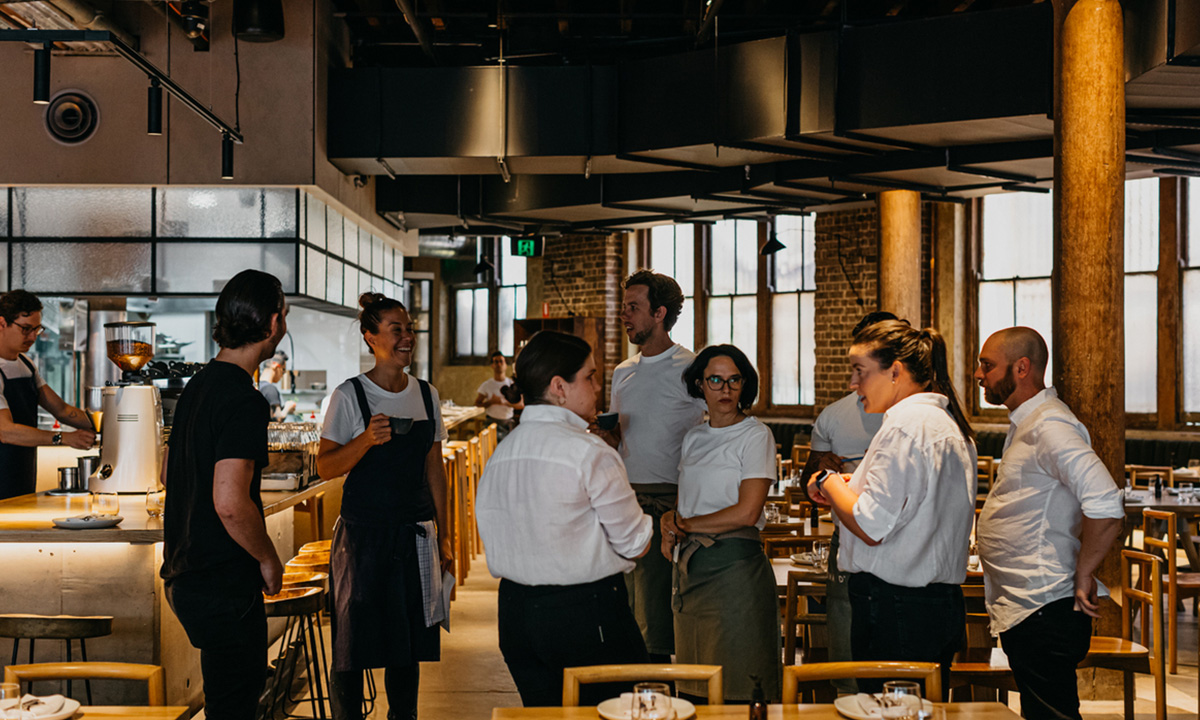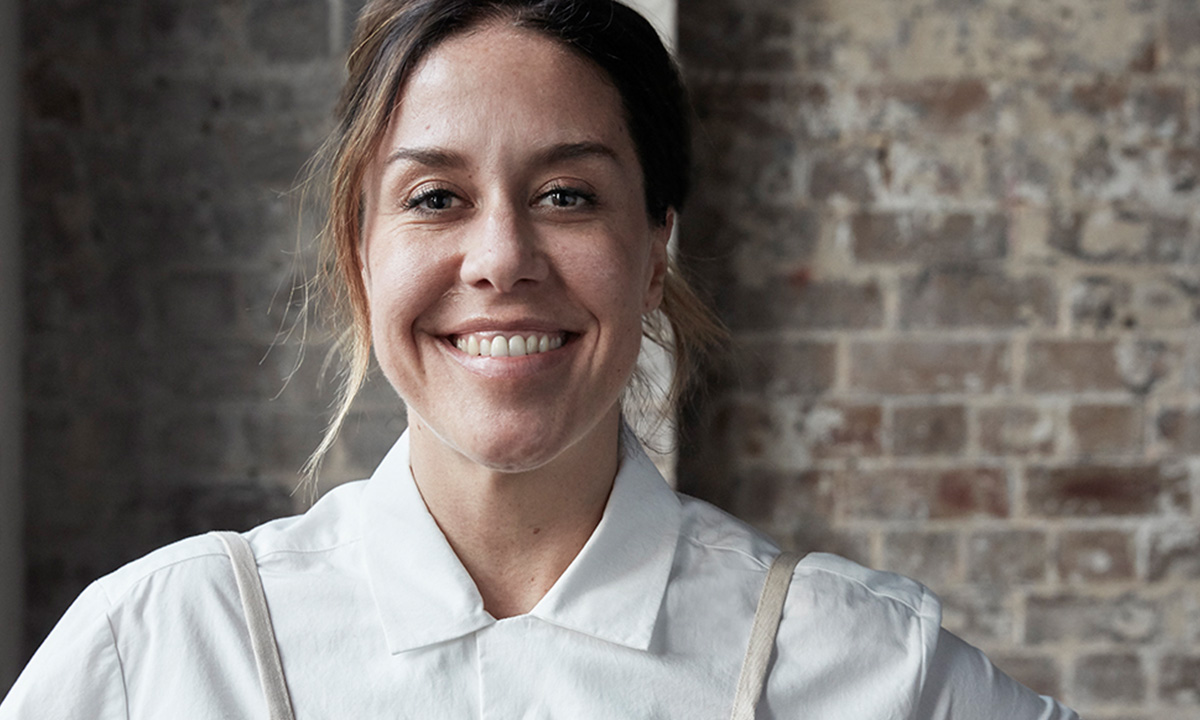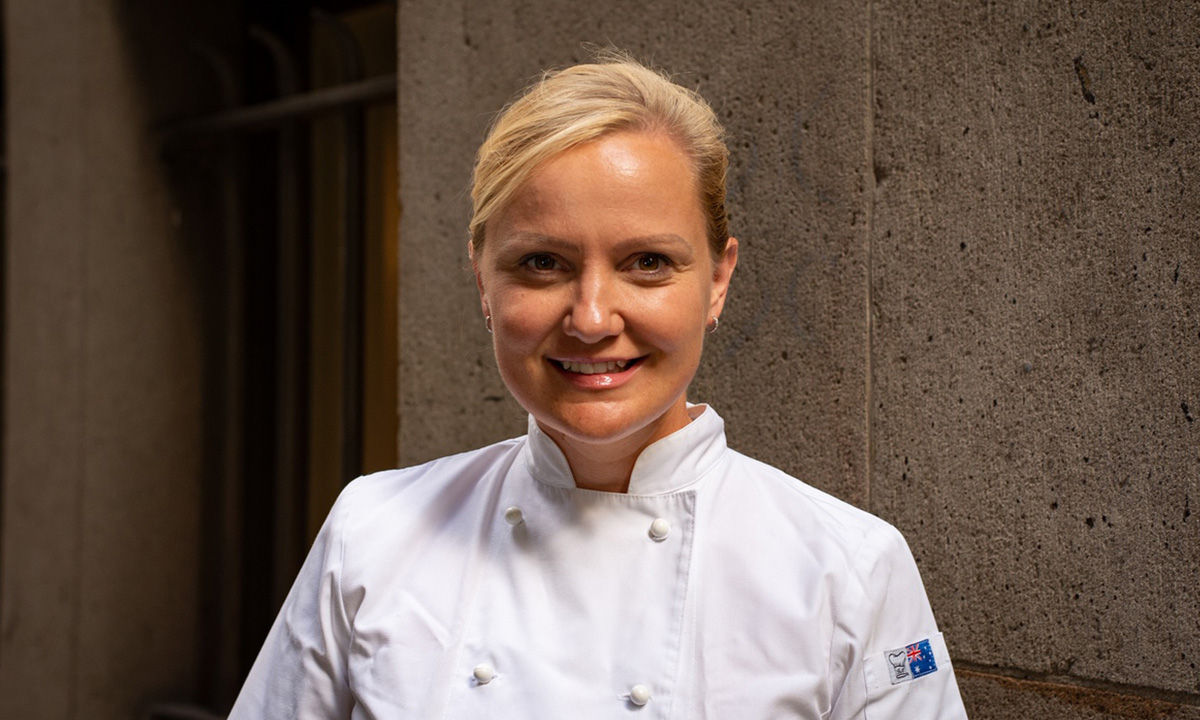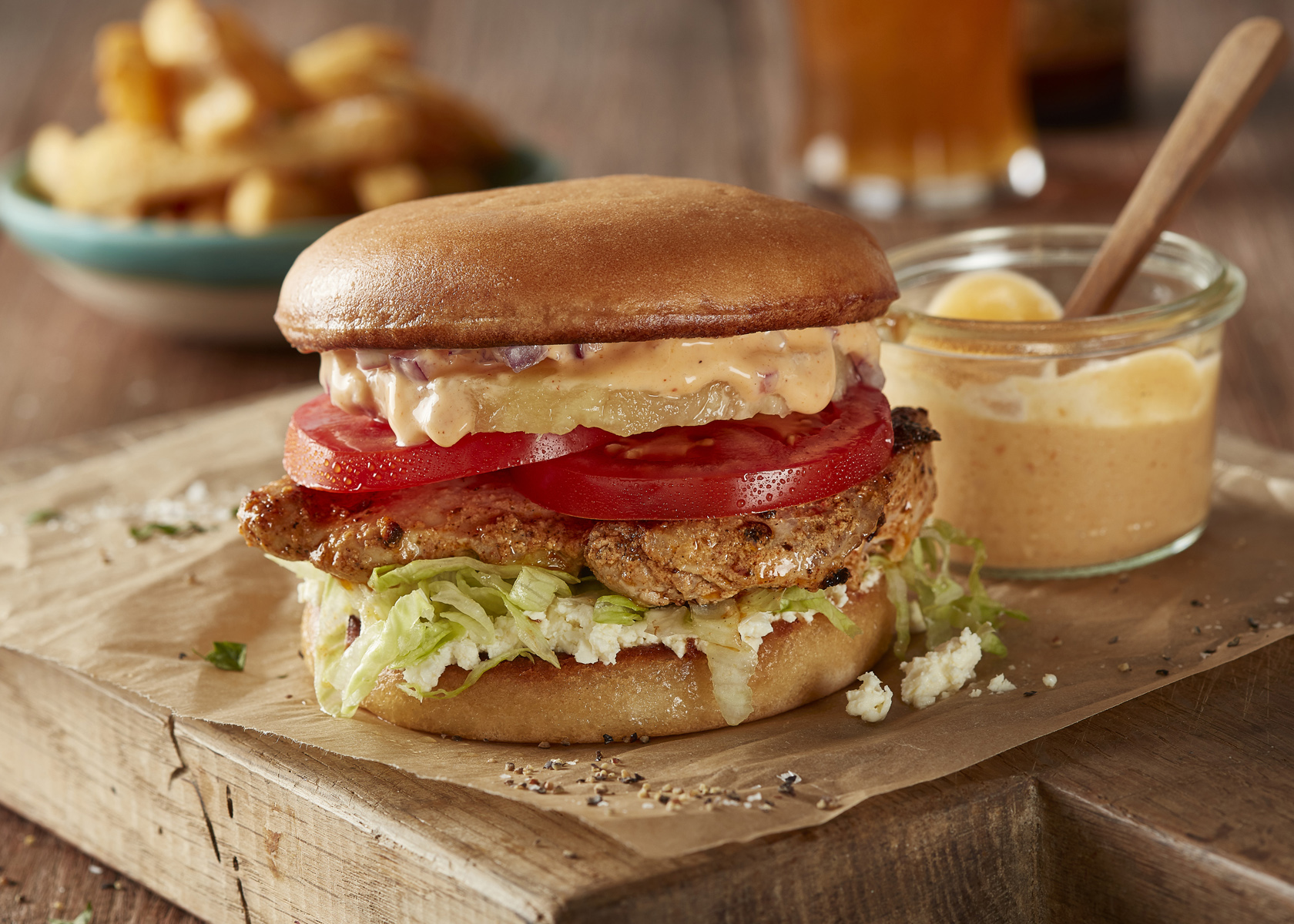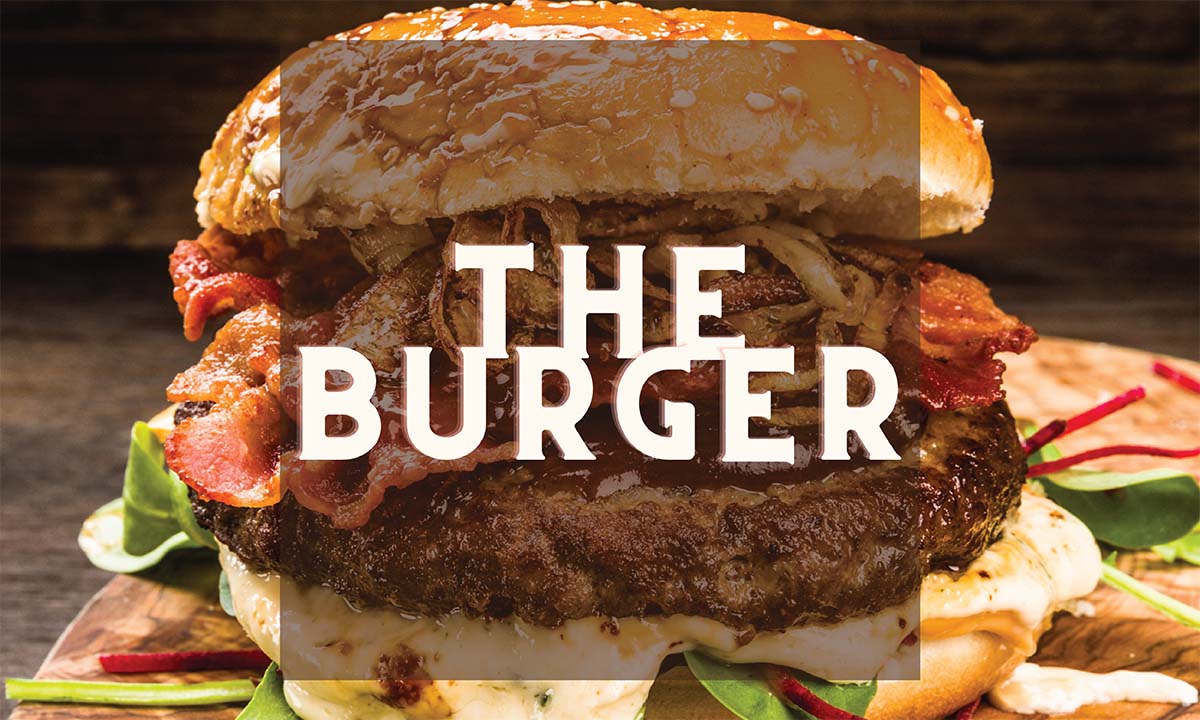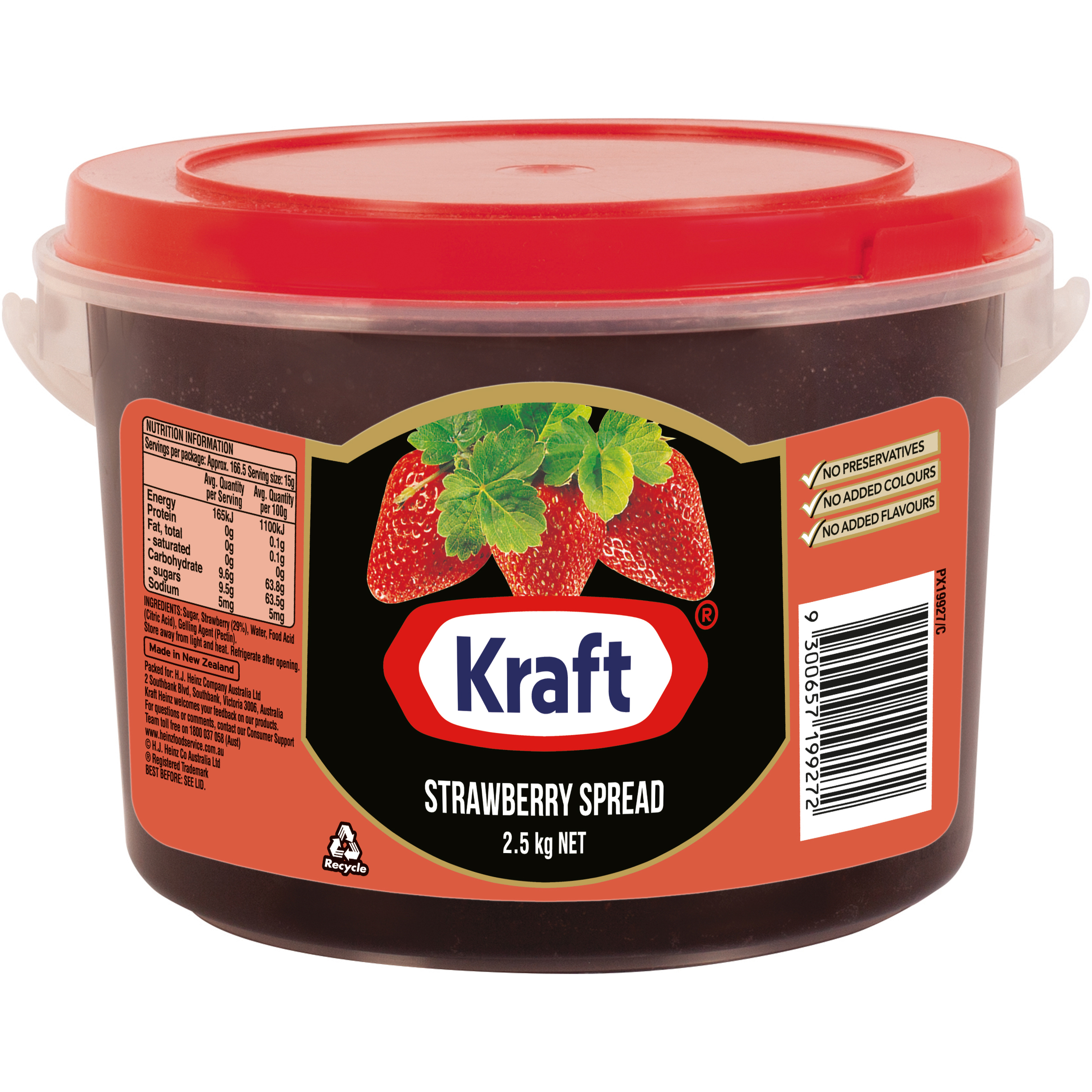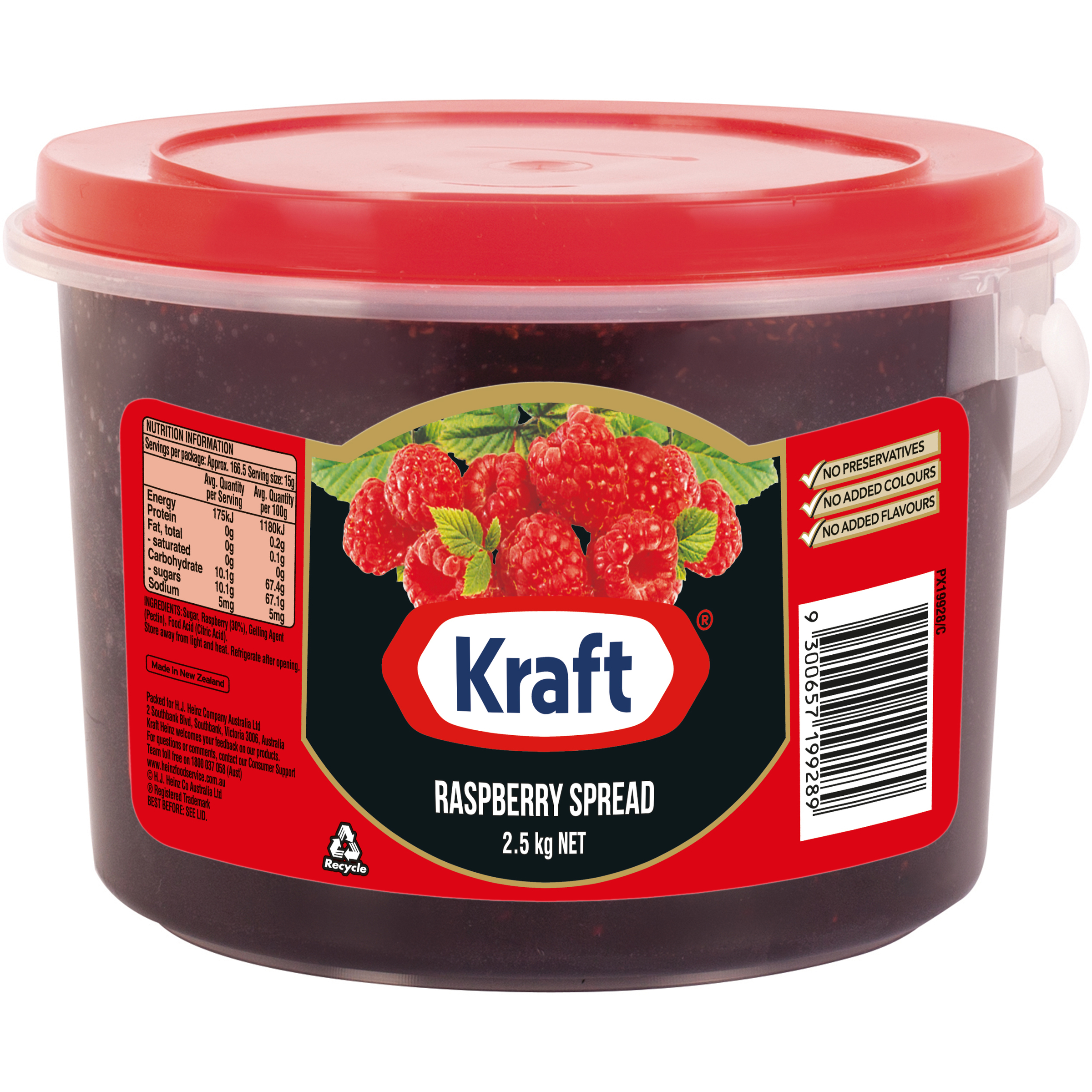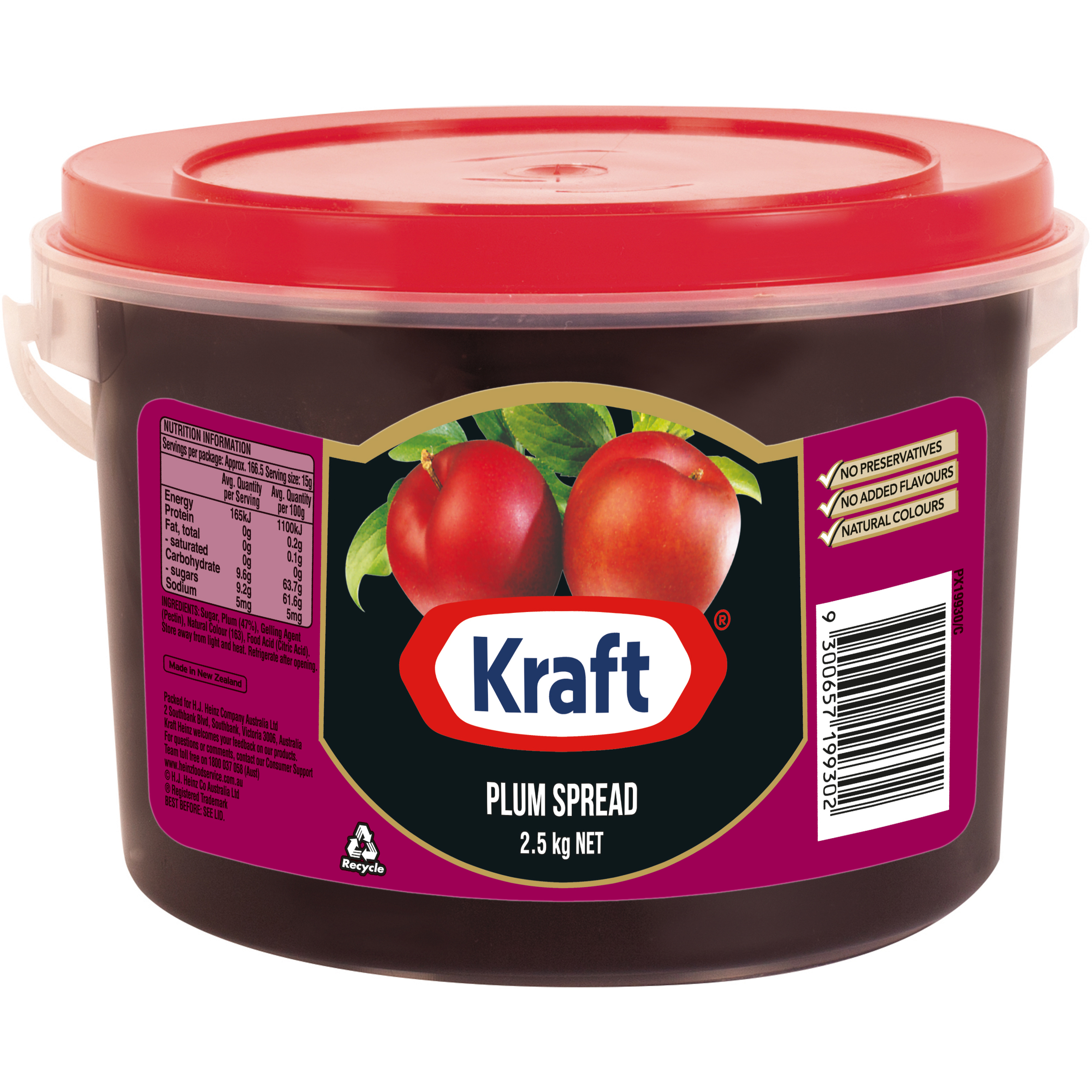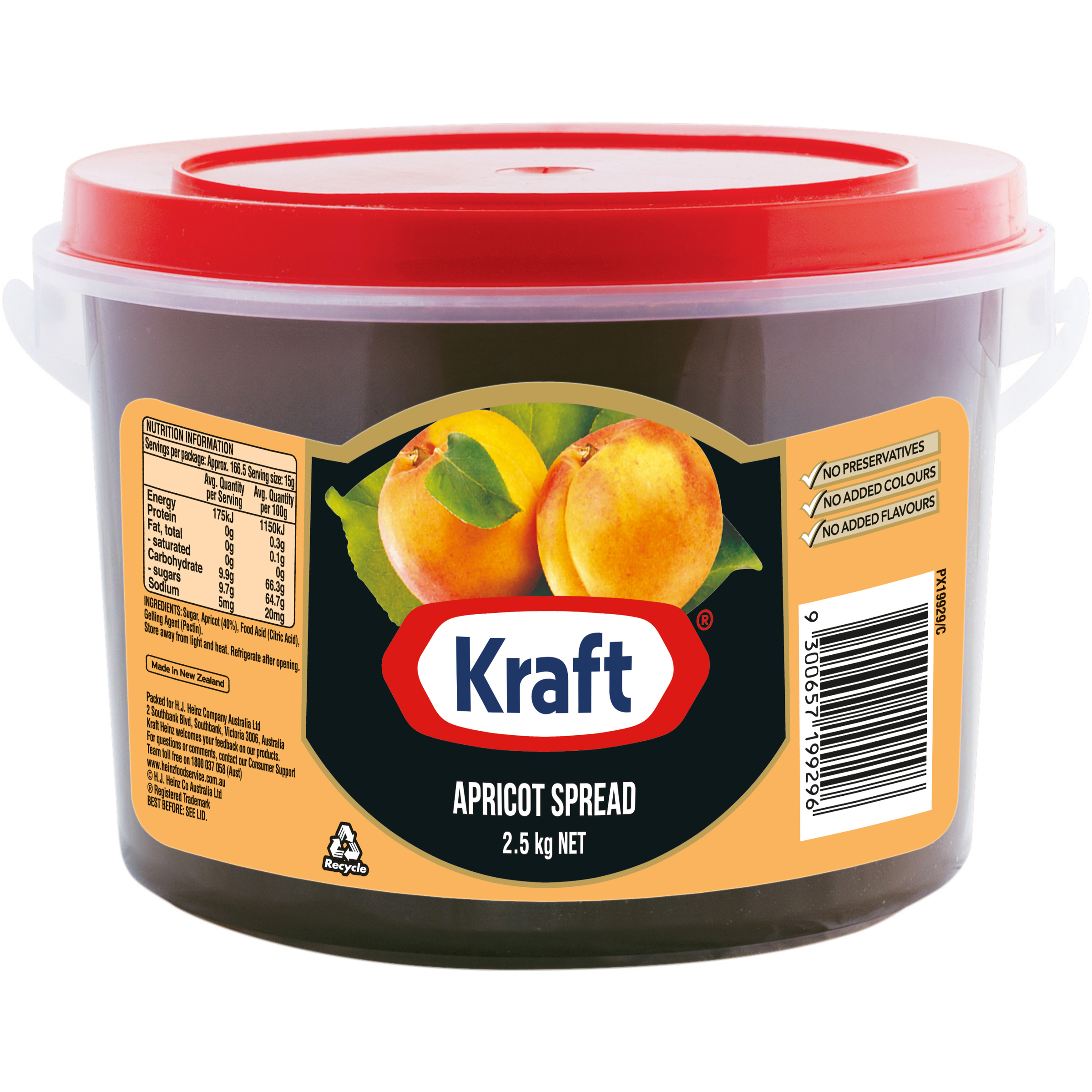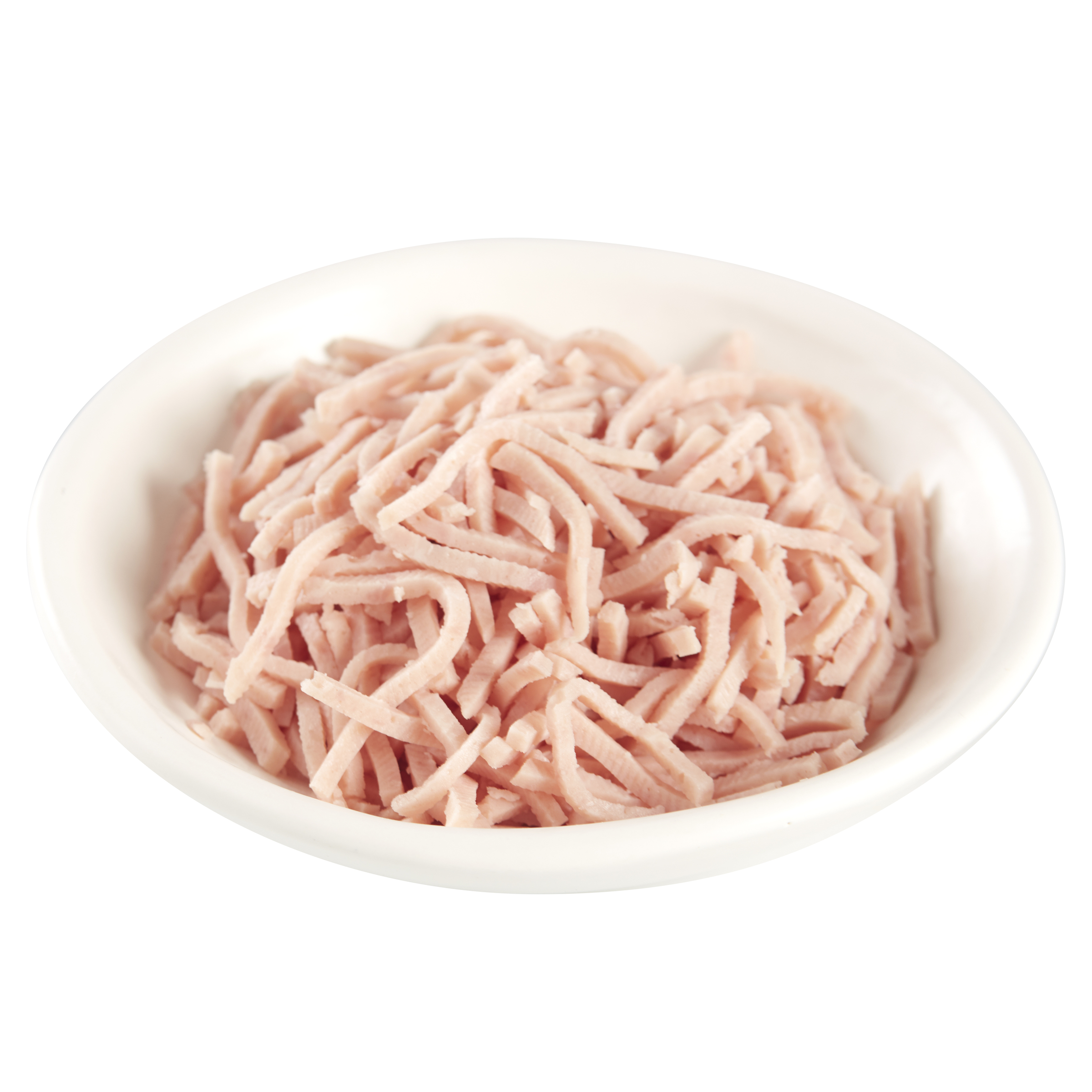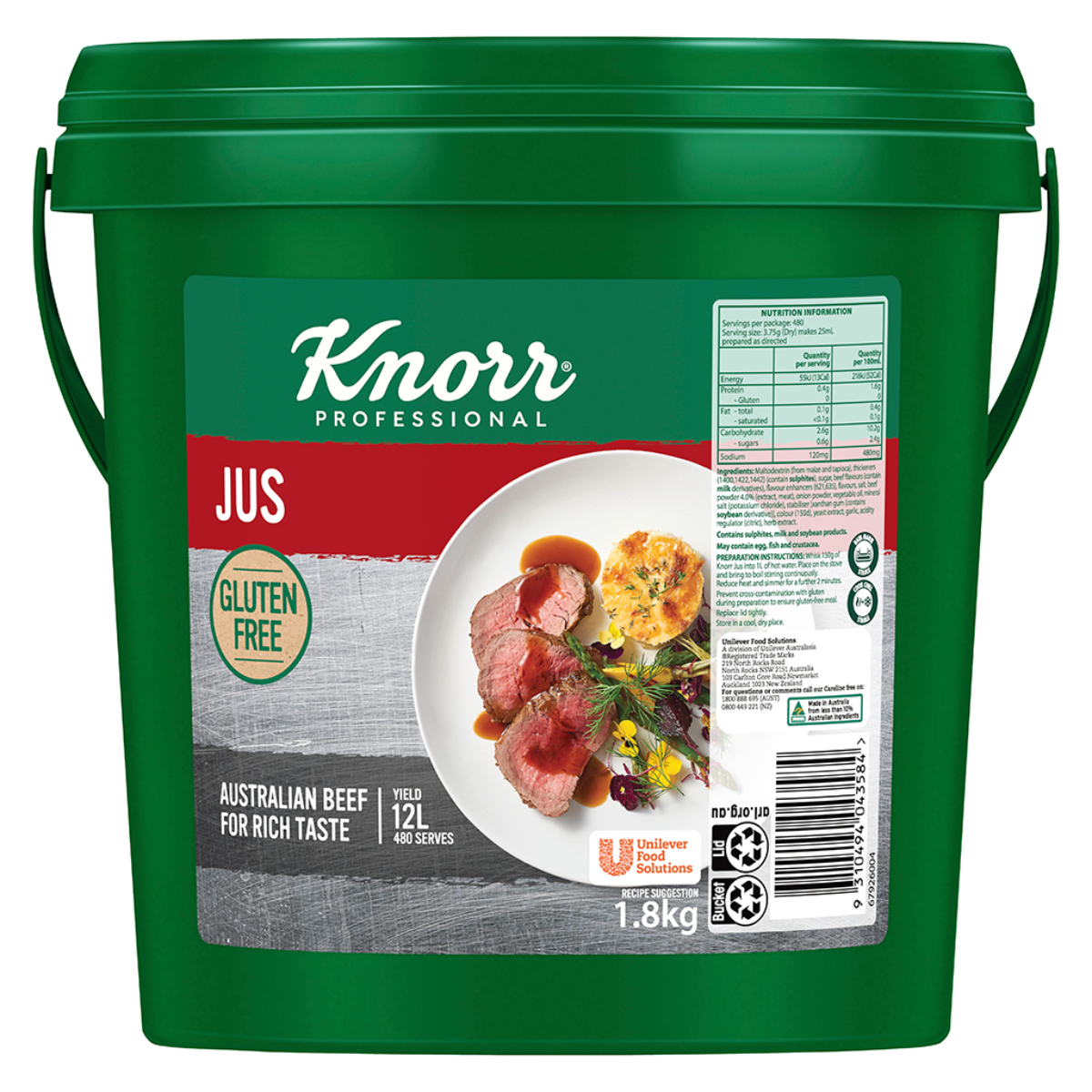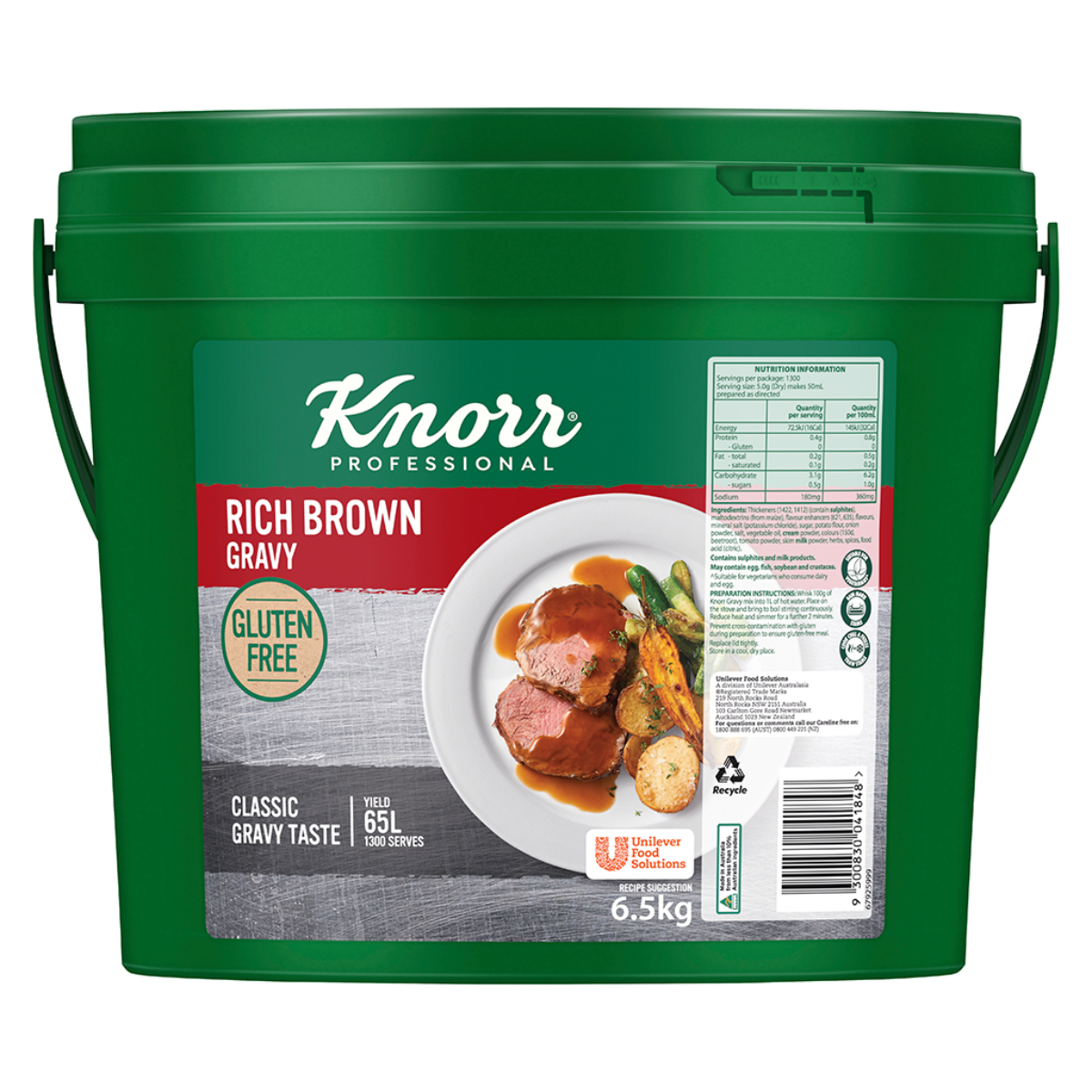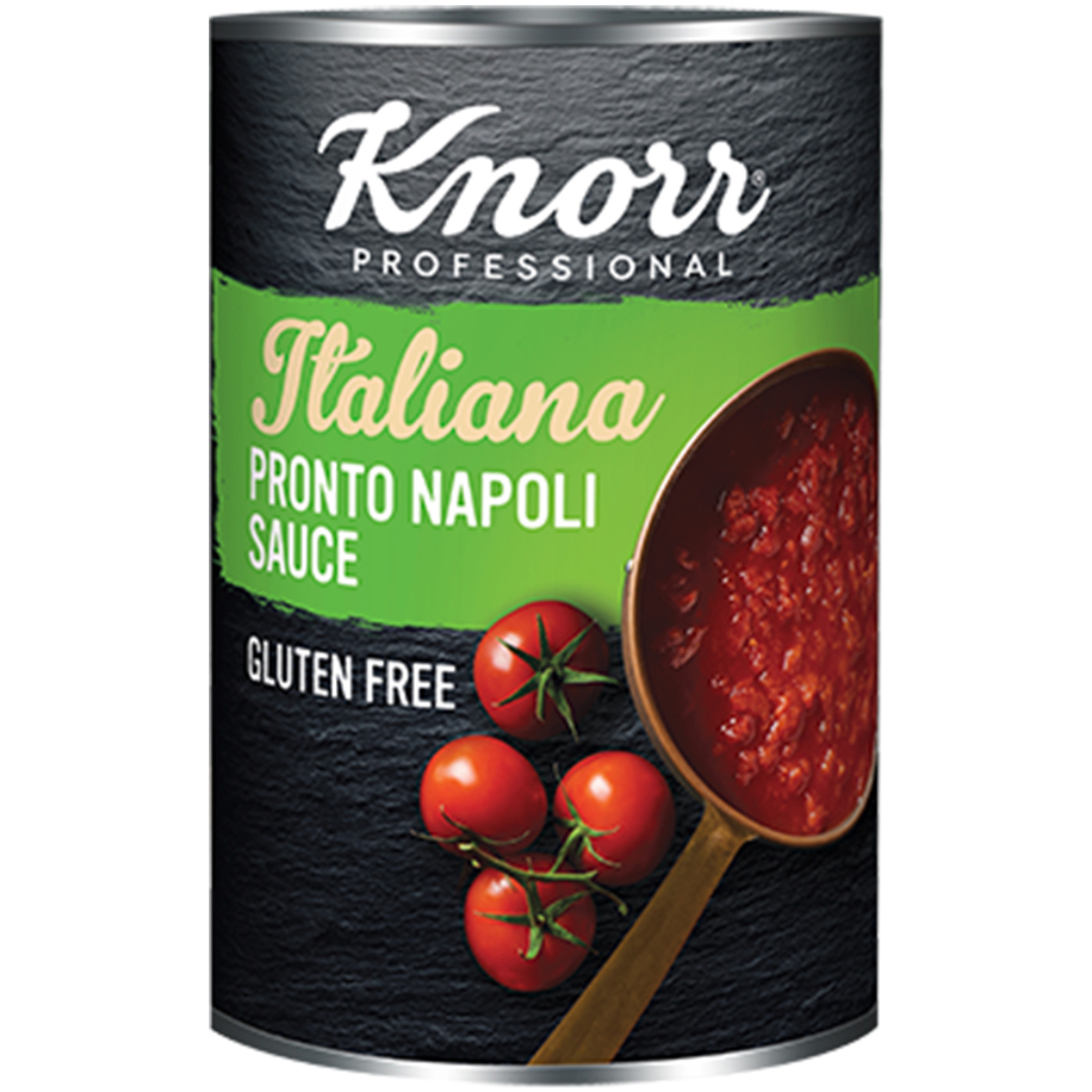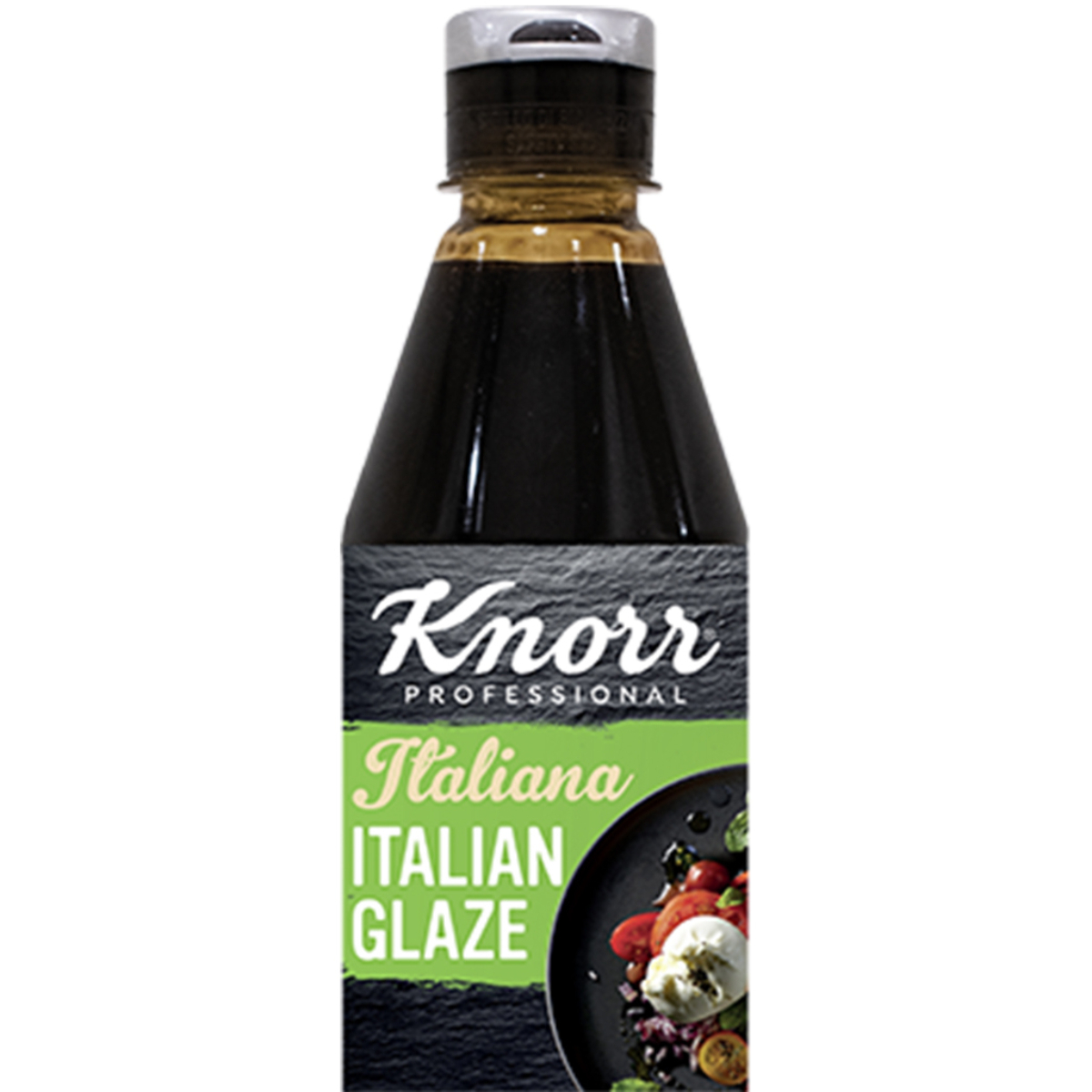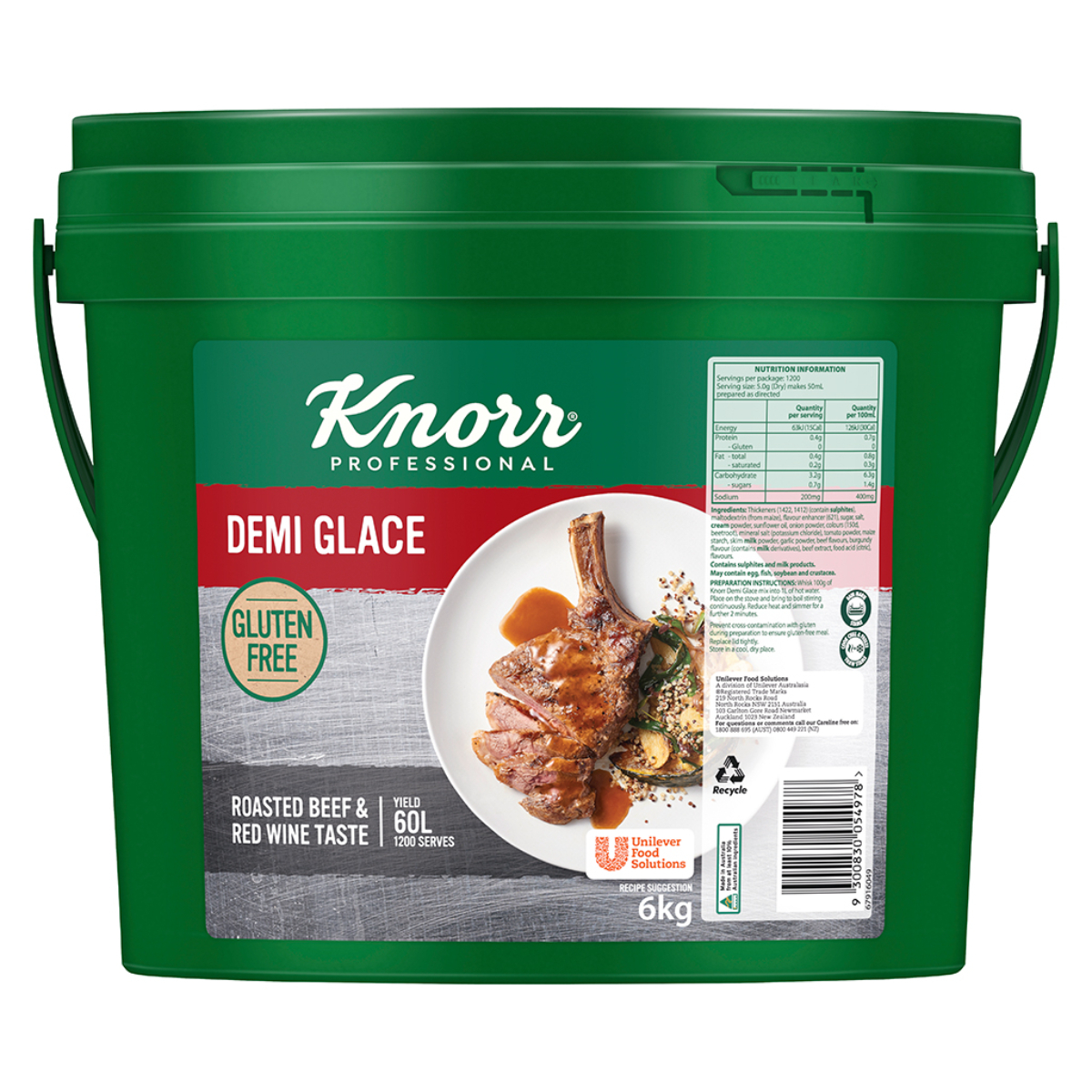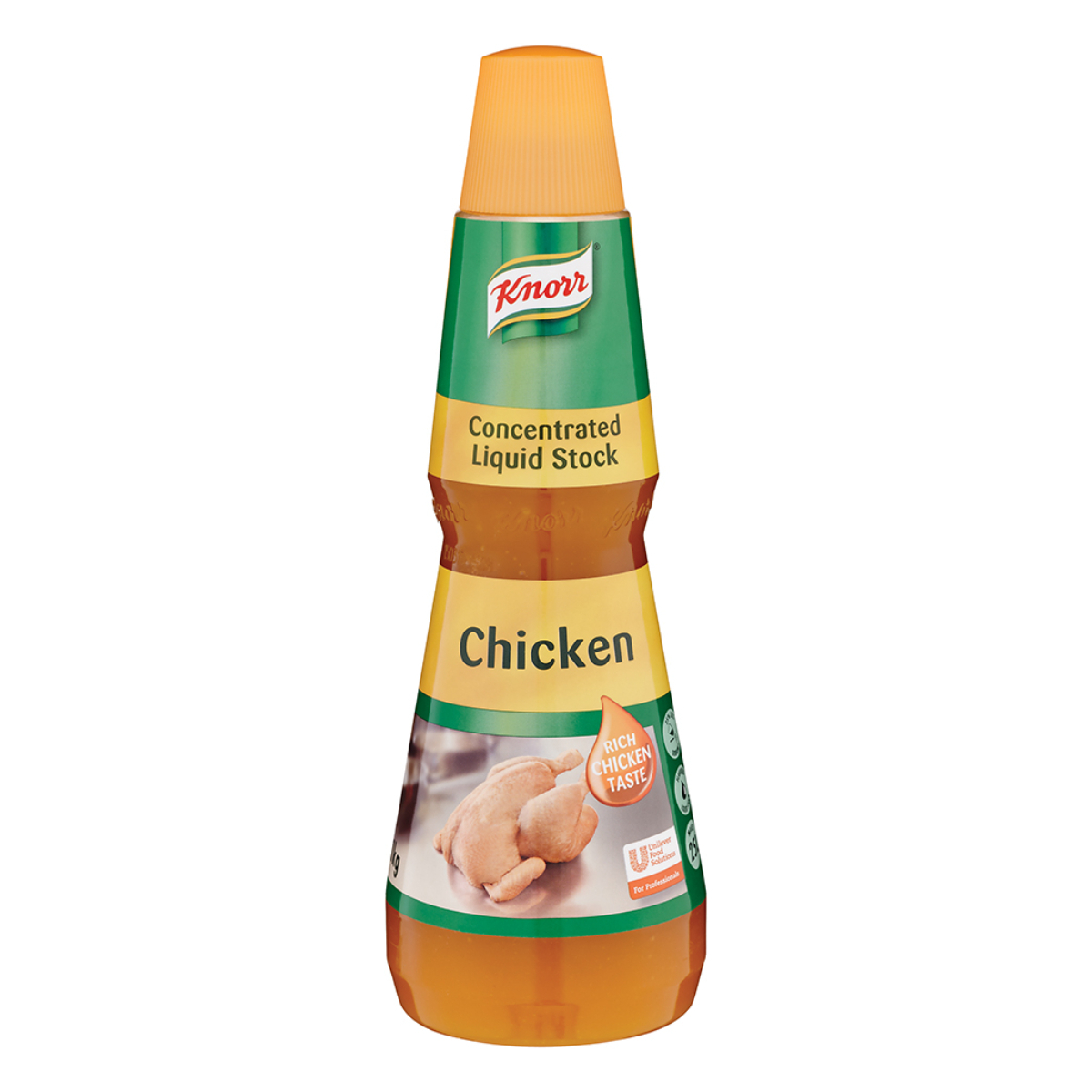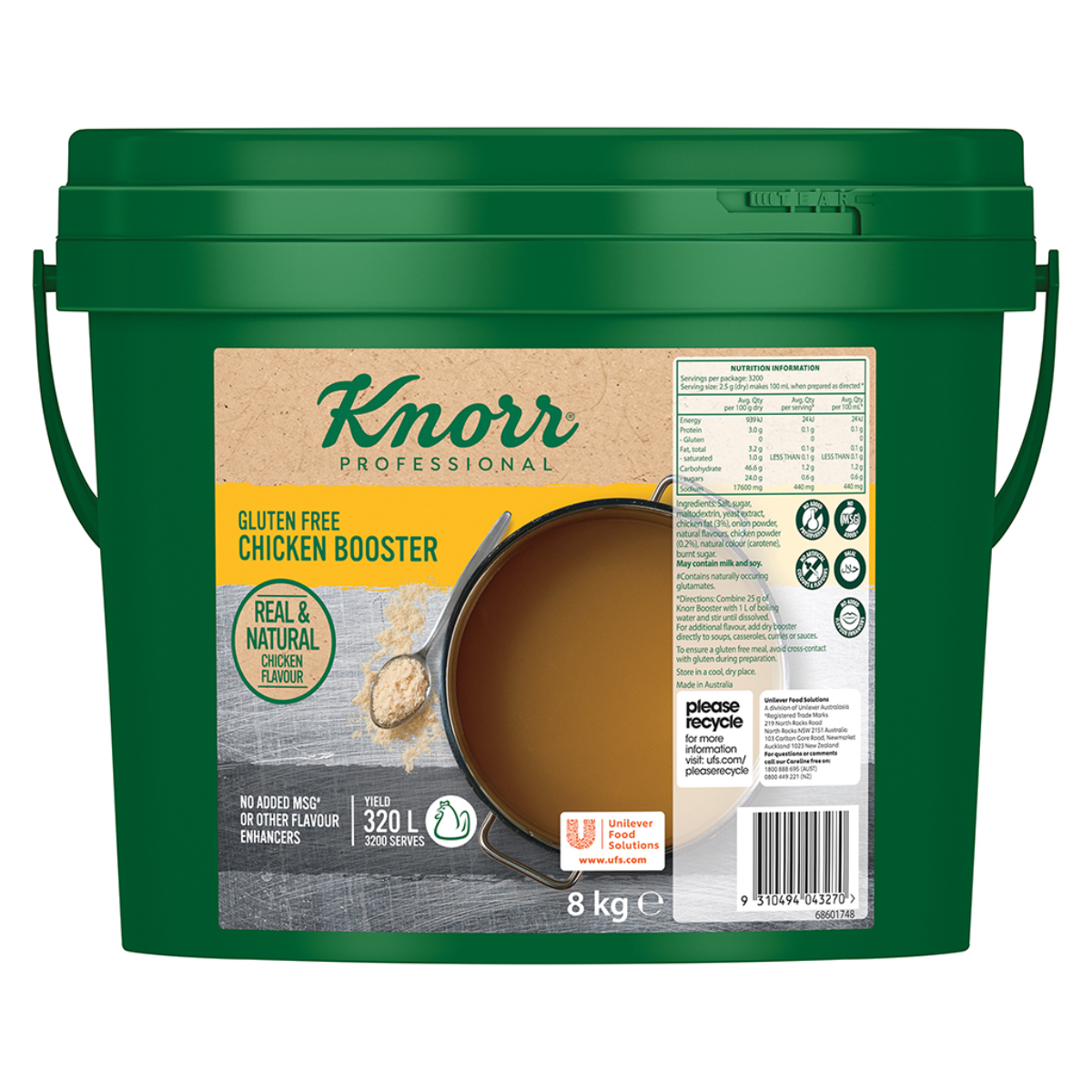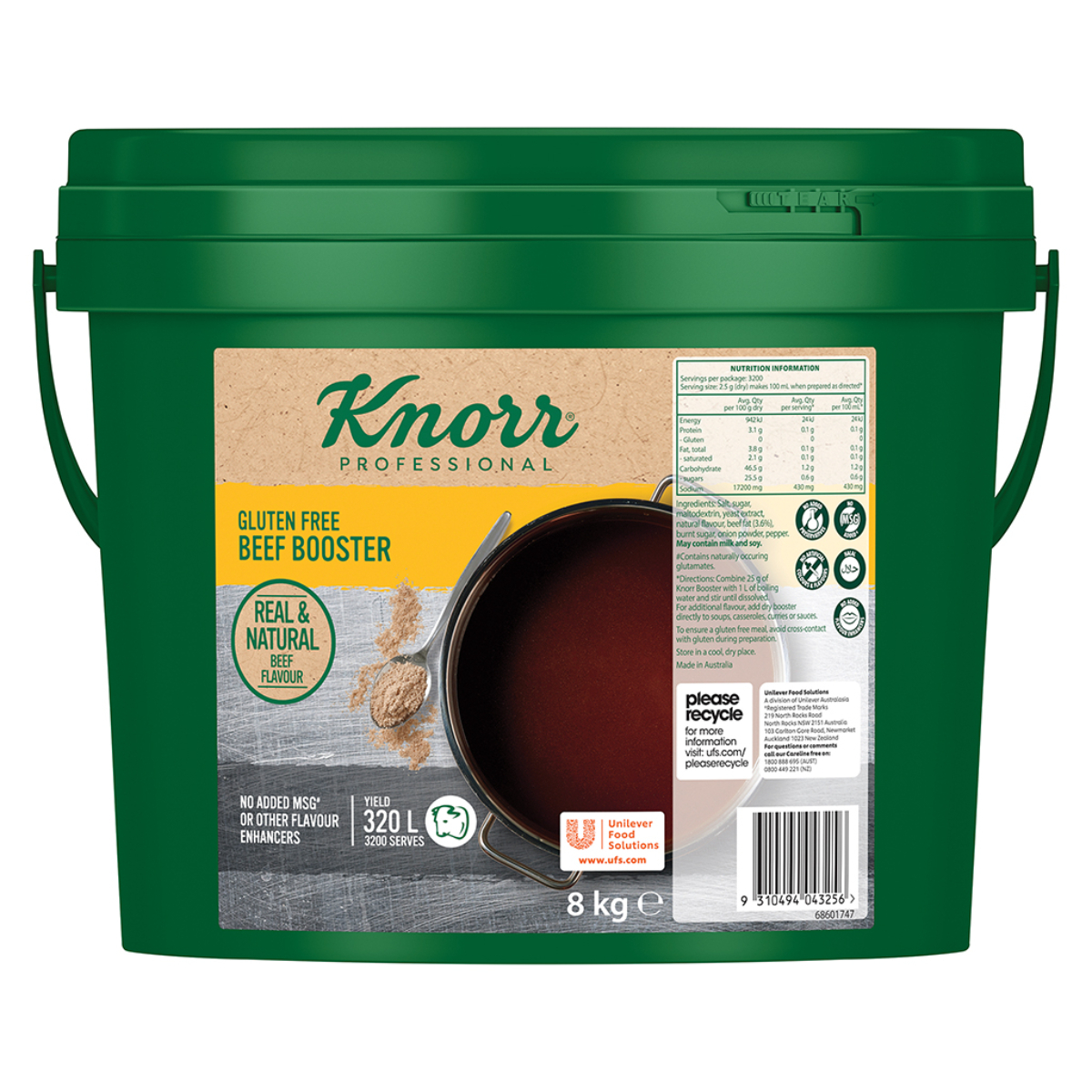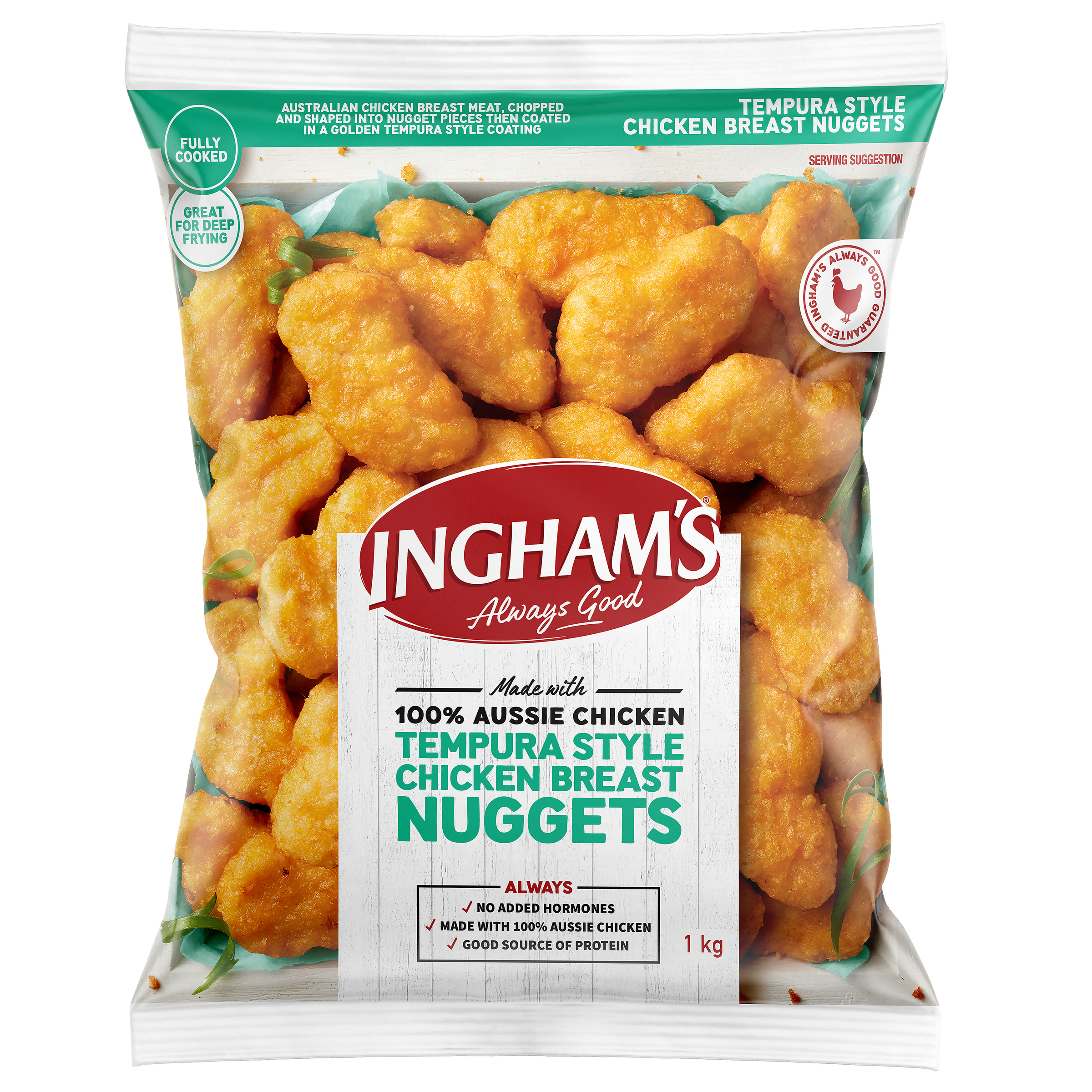The end of the year is rapidly approaching and that means the pace only gets more frantic for the hospitality industry. There’s no doubt that it’s busy, but it’s also a time when businesses can flourish, as long as staff wellbeing is maintained. So just how do we ensure a team stays motivated and well at the busiest time of the year?
Jacqui Challinor on leading by example and setting boundaries
It’s really about work/life balance for the crew all year, not just when it’s busy,” says Nomad Group Executive Chef, Jacqui Challinor. The group includes Nomad and Beau in Sydney, as well as Nomad and Reine and La Rue in Melbourne.
“We work to implement and manage staff wellbeing all year round, not just at Christmas,” says Challlinor, pointing out that there’s no quick-fix when things get busy, it’s a business-wide culture.
According to Challinor full-time hours remain consistent, no matter the time of year. “We just don’t do more than that unless there’s extenuating circumstances,” she says. “It’s about human sustainability throughout the year.”
Challinor says this has become a higher priority industry-wide. Gone are the days where staff were simply told to work harder or saw this example from superiors. Rather, taking care of the team throughout the year means that when a busy patch hits, the team is not burnt out to begin with.
In addition, keeping morale up at Christmas comes from the example set by management bringing a good attitude that filters down from the top.
“Previously, as chefs, we all just saw it as a badge of honour that we’d worked 100-hour weeks. We thought we were heroes for doing it, but it’s not healthy and it’s not a good example to set.”
For Challinor, setting boundaries is important. “I don’t want any of my chefs to think that this job – or hospitality – is life. It shouldn’t be. I don’t want them to think their job is all they have. There should be things we do outside of cooking and food and restaurants.”
At a time of year when hospitality can become all-consuming, it’s solid advice, and an ethos that she models to her team.
“As a leader you have to be very conscious of the way that you carry yourself and the energy you bring to your team. If you show up looking like you haven’t slept in three weeks and completely stressed, that flows through to your team. You have to carry yourself the way you want your team to carry themselves. Because one small thing can bring the whole crew down.”
While she believes in openly stating that the Christmas period will be busy, she also says that this isn’t an excuse to work staff harder. Instead, it can be a reminder for the team to be supportive of one another.
“There’s a lot of empathy and respect to be gained from just being in the trenches with them,” she says. “You shouldn’t be asking people to work more because it’s busy,” Challinor reasons, “at a busy time, you’ll be taking in more revenue… we get more people on board for the season if that’s what’s needed.”
In addition, she says there’s the enticement of time-off with the public holidays. Additionally, “with the increased volume, there are generally much healthier tip packages, so there’s a bit of a reward there.” It’s something the whole team understands.
Amanda Fuller on supportive training and open lines of communication
For Amanda Fuller, Executive Chef at The Sam Prince Hospitality Group with restaurants including Indu and Mejico (both in Sydney and Melbourne), the wellbeing of staff is also a year-round investment. It begins with open channels of communication, which can become very important in the busy Christmas season.
“First and foremost, we need to be personable, taking into account more than work and acknowledging each individual’s personal life too,” she says.
“We always look at what our staff need from us – career growth, support, education – year-round. We work hard to build team relationships and camaraderie – and all that stuff needs to be ongoing and work holistically,” she tells InSeason, “so staff feel valued and supported.”
This means that when times get busy, the structure is already in place for the team to speak up with issues, which helps the morale of the whole team.
Fuller’s group has wellness training on offer for staff and – importantly – for managers. The training provides tools and avenues of support and follow-up, so that the wellbeing of staff is actively championed. The training for managers provides them with tools to assist staff in accessing the help they need.
“We have sessions with psychologists, these provide accurate guidance, because we’re not professionals in mental health. But when we’re trained we can confidently direct staff to the appropriate resources to find answers.”
Fuller points out that these programs are offered at no cost to the business by the government, if you register interest as an employer, and she believes they’re invaluable resources.
With staff benefits including birthday ‘wellness days’ (a paid day off), team building social clubs and ‘mystery bags’ (for young chefs to engage with produce) – the group has plenty of examples of working on morale all year, and it’s all documented and easily available. The aim is to invigorate and inspire, so that when things get busy at Christmas, the team is already in a good place and ready to support each other.

